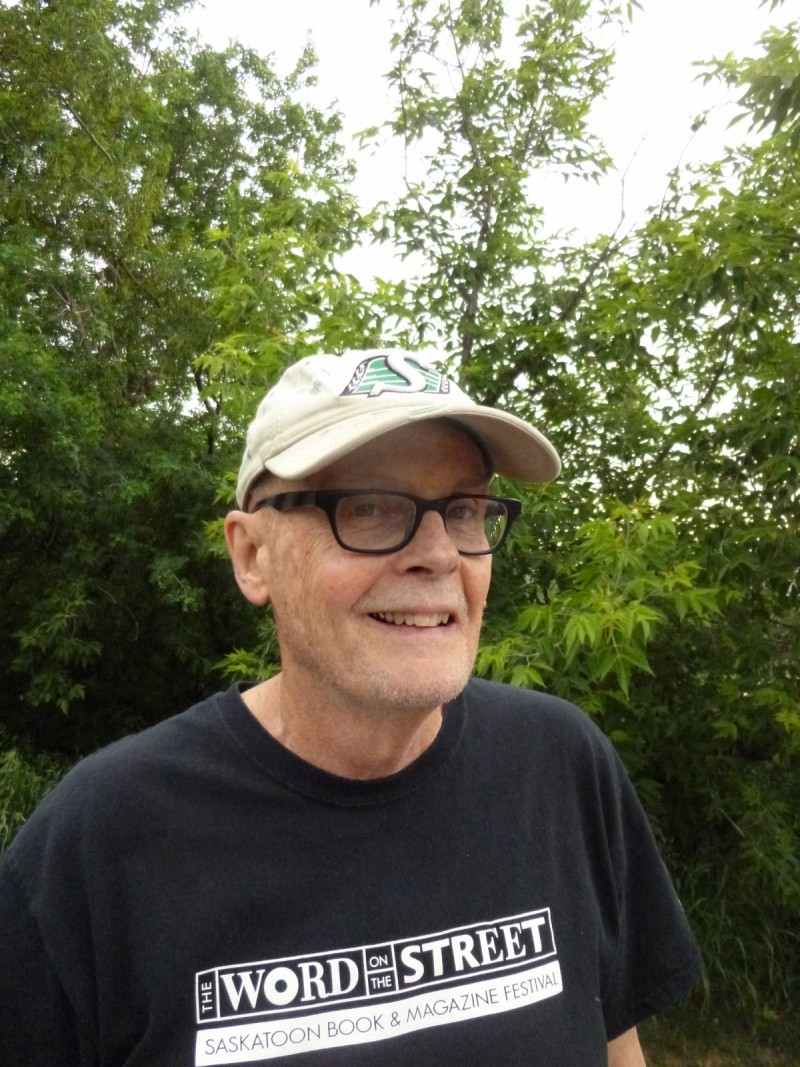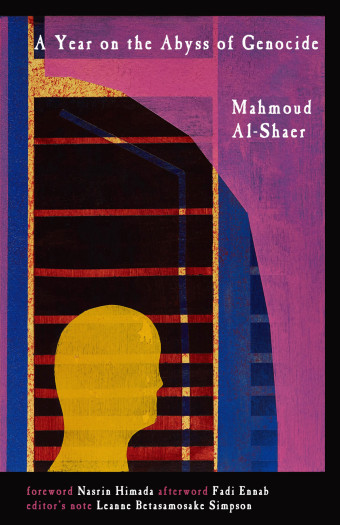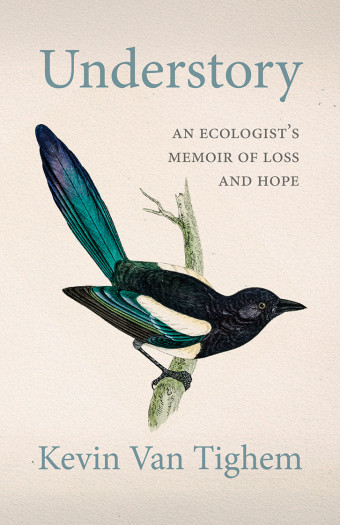Saskatoon-based author David Carpenter’s new book, I Never Met a Rattlesnake I Didn’t Like: A Memoir, highlights chapter-by-chapter a cast of lesser loved predaceous critters – including mosquitos, dragonflies, weasels, feral pigs, snakes, grizzlies, and others – which would be less likely to pull on the heartstrings of concerned wildlife conservationists.

- I Never Met a Rattlesnake I Didn’t Like
- David Carpenter
- Thistledown Press
- $24.95 Paperback, 248 pages
- ISBN: 978-17-71872-27-0
When asked if the less-than-cute, scary critters in his book might not be interesting to readers, Carpenter elaborates, “A good question, but no, for two reasons. First of all, I’ve never much worried about what readers might like. I’ve always written about what fascinates me, what excites me. This excitement is what drives the writing until the book is finished.
“Secondly, as I’ve recently become aware, nearly everyone is interested in monsters.”
Around 2010, Carpenter had been writing a lot about hunting – especially how he had quit hunting and he disapproved of what it had become. “Less and less about respecting wildlife and habitat, less about intimacy with the wild, and more and more about shooting and shooting technology – scopes and high tech rifles and trail cameras. It had become heartless and destructive,” he says.
That’s when Carpenter’s allegiances got transferred from the hunters to the animals. “I wrote and published a few pieces in the 2010s about predaceous creatures,” he says. “The idea of a book based on memories and research began to grow. When at last I had re-educated myself on such things as threatened habitats, ecology, the climate crisis, critical anthropomorphism, animal life cycles, and good old-fashioned wildlife zoology, I was bursting to write a book. The writing began around the time the pandemic descended on all of us.”
Carpenter explains that he was ready to write this book because he had just sent off a couple of works of fiction. “My decks were cleared,” he says. “The timing was also right because, in the aftermath of so much work on fiction, I had become emptied out and listless. For me, this state of mind has always been relieved by an orgy of non-fiction writing, which I love to do.

“I don’t have to invent a voice to tell my stories, I don’t have to invent characters or re-invent a certain locus or a historical era. I just have to follow my passion, do the research, let the thing grow in me, and write it down.”
Carpenter identifies animal lovers, hikers and campers, and wildlife nuts (he includes himself in that category) as readers who would appreciate this collection of essays.
“Most great literature is set primarily indoors, but there is a potentially big audience, a growing, intelligent audience that is fascinated by animals, that wants them to thrive in the wilds, an audience that knows the severe threats to the survival of such magnificent monsters as cougars and rattlesnakes, wolves and bears. Bless them all, the apex predators, and the people who see that carnivorous creatures and their habitat are sacred.”
Carpenter hopes his readers are moved by these encounters, and gain “a feeling of love and vigilance for these creatures.
“Well, most of these creatures. The jury’s out on mosquitoes and feral hogs.”













